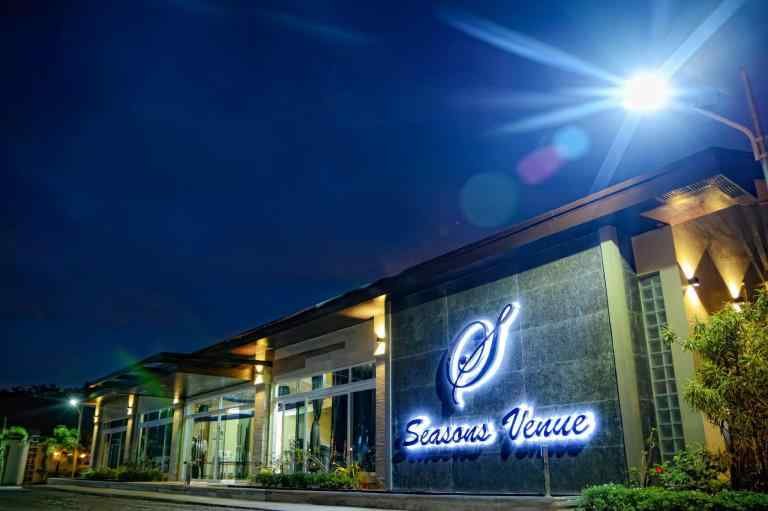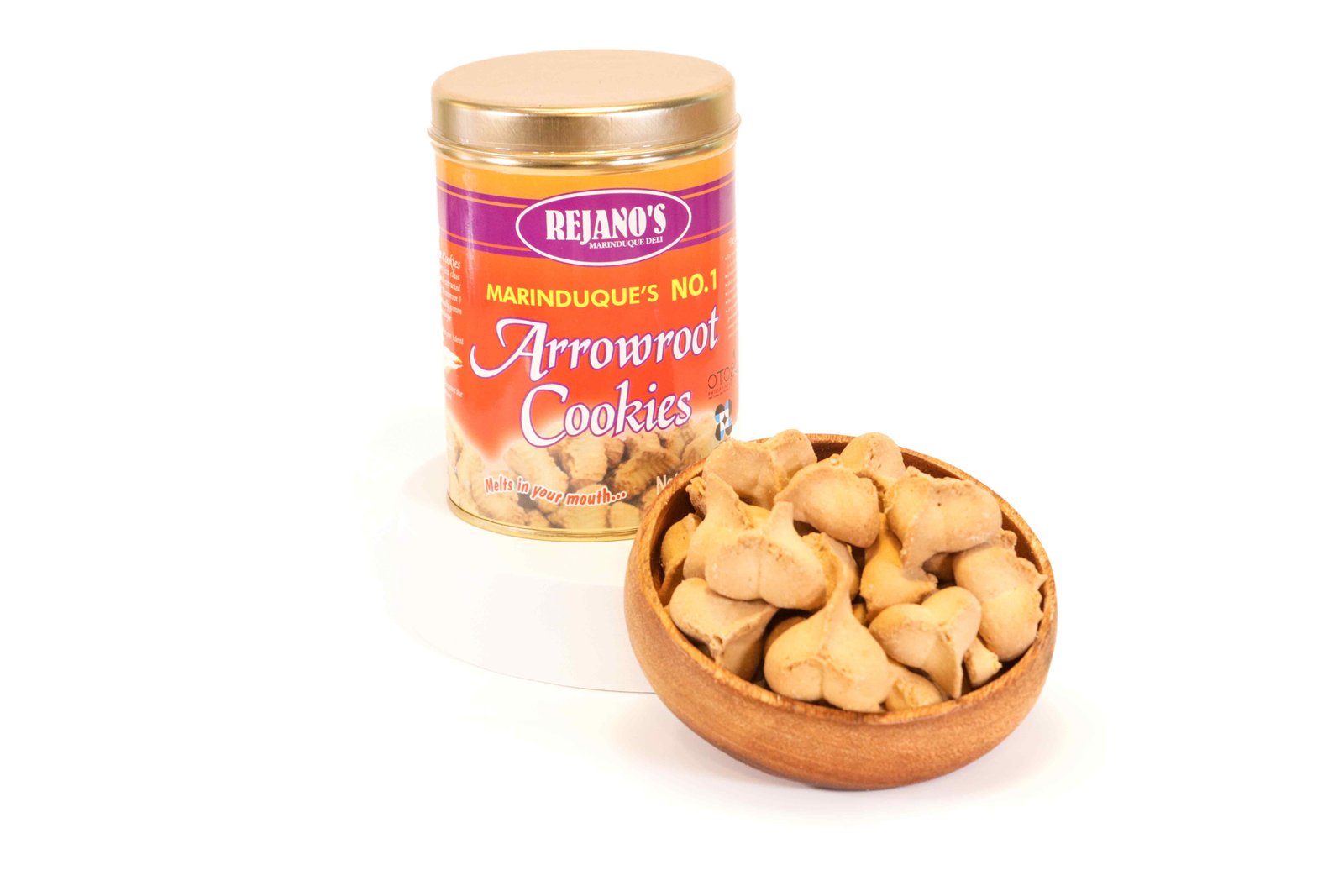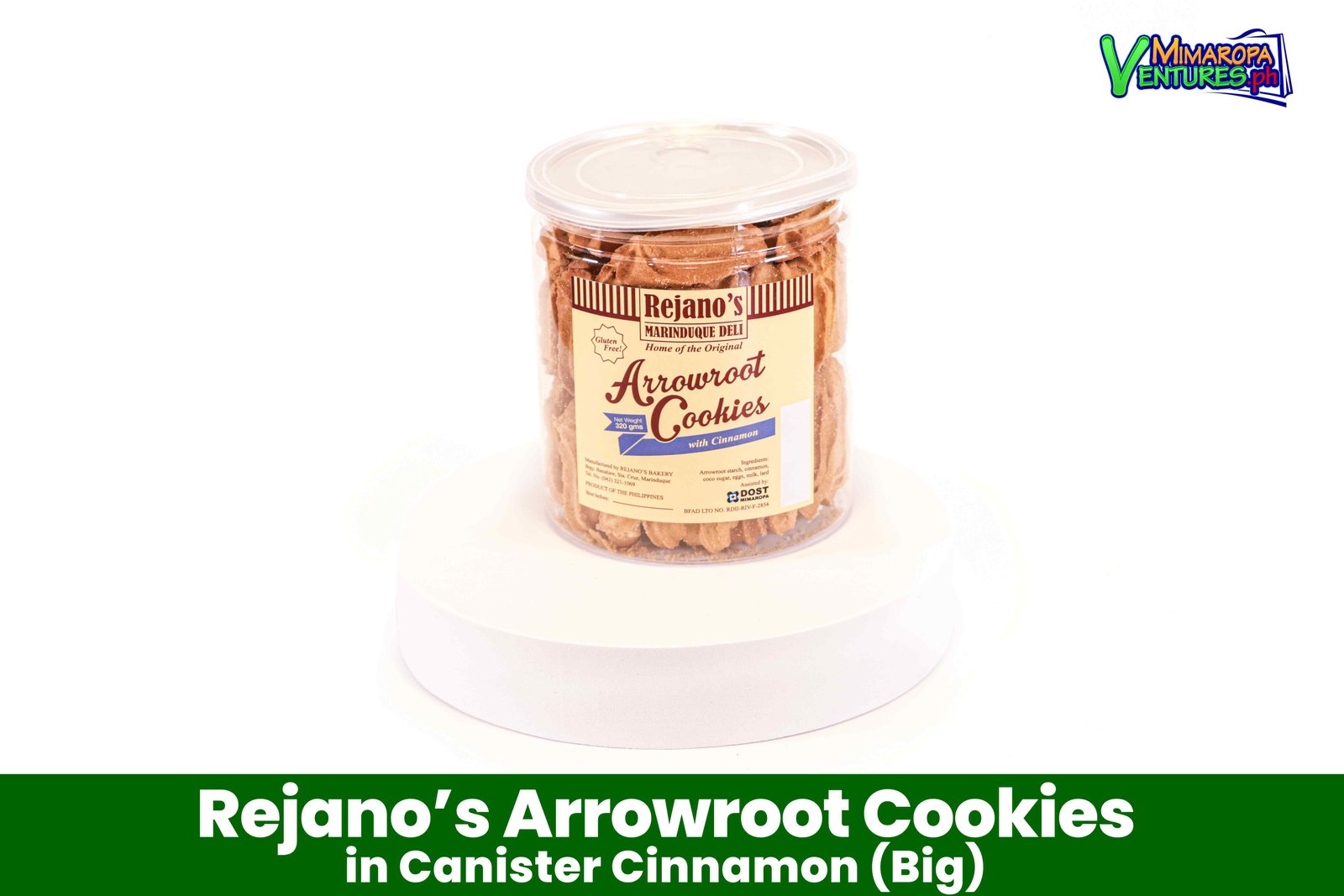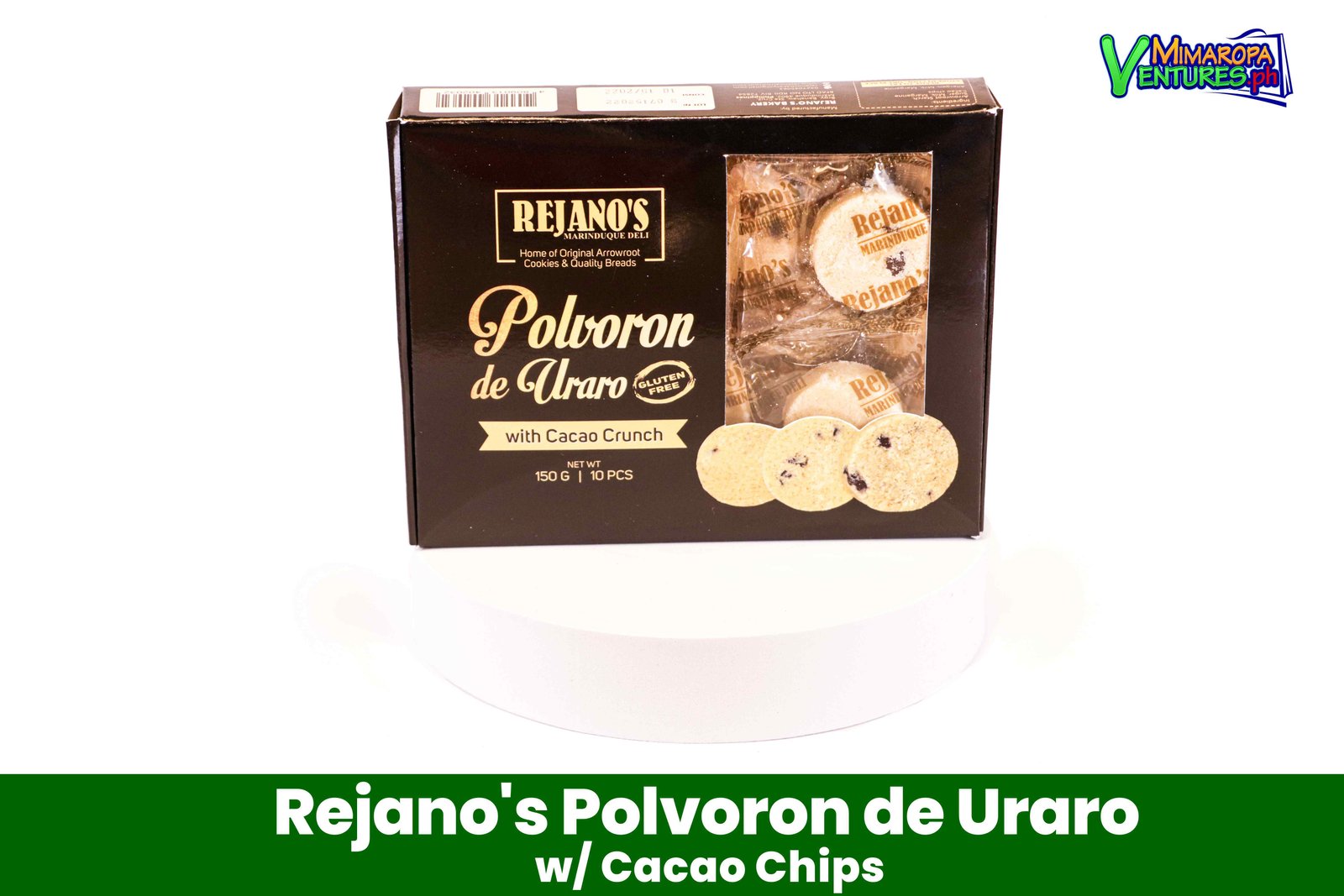|
There’s something special in Rejano’s Bakery’s main product ingredient, the arrowroot. The name alone connotes hope, as
in shooting an arrow into the air, and stability, as in being rooted into the ground. Rejano’s Bakery started its operation in 1946 with cookies and other baked products. Its star product is the arrowroot
cookie made from the flour of the local rootcrop named “inaw.” The demand for the firm’s arrowroot cookies is increasing due
mainly to the vigorous product promotion which includes constant participation in trade fairs. Strict requirements of the food industry made the owner Mrs. Carmelita R. Reyes, endearingly called “Ka Mita”, seek the
assistance of the DOST for the improvement of the arrowroot flour processing. Through a DOST grant, a working design for rootcrop flour production from an engineering and manufacturing firm in Bicol
was provided to the firm. The design stood out among a short list of designs by food processing equipment manufacturers as
having the most superior specifications that would match the technical requirements of Rejano’s production system. The integration of this rootcrop processing technology in the firm’s operation further prompted Ka Mita to build up her
operation and apply for another DOST assistance, this time under SETUP. Assistance worth PhP 466,430 was provided to the
firm in 2006 for adoption of current Good Manufacturing Practice (cGMP)-compliant arrowroot processing facility. Included in
the process innovations provided to the enterprise were cleaner production technologies and energy audit which were adopted
for the drying operation. This includes enhancement of the processing line through the integration of spin and solar drying
technologies that conforms to food safety standards. Integration of these technologies significantly reduced the LPG consumption of the firm by 20 percent following DOST’s
recommendation of doubling the flour’s spinning (spin-drying) time to remove most of the water content and using a net covered
solar dryer. Flour extraction improved from 200 kg to 1,000 kg per day, starch recovery from 12 to 16 percent, and drying from
two to three days down to eight hours. This apparent growth of business operation further inspired Ka Mita to take a bolder step to compete in the big markets in
mainland Luzon, seeking for the second time the assistance of DOST for the development and execution of packaging materials.
In September 2009, DOST approved the release of PhP 794,240 for the acquisition of appropriate and improved packaging
materials which extended the product shelf life and increased their marketability. The improved packaging enabled Rejano’s
arrowroot cookies to penetrate such markets in Metro Manila as SM Kultura Shop, Landmark in Trinoma Mall, and Sta. Lucia Mall,
and increase its sales by 15 percent (from PhP 4.7 million in 2008 to PhP 5.4 million in 2009). At present, Rejano’s Bakery has nine regular employees working in the bakery section year-round, and seven people in the
arrowroot flour processing center working five to six months a year. A total of 150 farmers indirectly benefitted from the project as
supplier of arrowroot tubers. Entrepreneurship awards Ka Mita has participated in several business development and technical seminars and trainings. In one of the CPT/Energy Audit
workshops she attended, her very good performance earned her a roundtrip ticket to Japan for a one-week seminar on CPT/energy
audit. She also served as speaker during the 19th National Quality Forum in 2007 at the Hotel Inter-Continental Manila where she
shared her arrowroot processing experience. The assistance of the DOST to Ka Mita and the cooperative that supplied her with arrowroot flour not only boosted her business
but also qualified her to receive several awards such as the Pres. Ramon Magsaysay Regional Trophy of Excellence Awardee from
the Technical Skills Development Authority in 2008, Outstanding One Town-One Product MSME during the Department of Trade and
Industry Regional OTOP in 2009, and Regional Gawad Saka Outstanding Agri-Entrepreneur from the Department of Agriculture
in 2009. Offshoot project Processing of arrowroot flour produces a lot of waste water that eventually ferments and produces foul odor. Although the
existing flour processing center has a septic tank for waste water, the capacity is not enough to contain all the waste water during peak
production. It was during the training on coco vinegar in the province that Engr. Norberto Ambagan of ITDI facilitated the testing of
sample of arrowroot tubers to ITDI. After six months, Engr. Ambagan informed Ka Mita that the arrowroot waste water can be converted
into wine. Ka Mita proved her seriousness in reducing the environmental impact of the waste water when she allotted the fund for the
procurement of ITDI-designed wine kit. This was followed by a training last March 20-21, 2011 and, in 2012, there were already about
500 liters of arrowroot wine ready for analysis prior to bottling. In June 2011, DOST-MIMAROPA facilitated a supply-chain partnership between Rejano’s Bakery and Greenfields Crops and
Crafts, a SETUP assisted firm of DOST-MIMAROPA in Romblon. The partnership, which started in the period of June to September
of the same year, had the firm Greenfields Crops and Crafts as supplier of arrowroot flour to Rejano’s Bakery in order to meet the
increasing demand for the arrowroot cookie products and to address the limited supply of arrowroot flour in the province. Another DOST assisted community-based project was developed also in 2011 to address the growing demand for arrowroot
flour by the firm. This project had for its partner the Marinduque Diocesan Development Cooperative (MDDCo) whose farmer-members
were involved in the production of arrowroot. The project followed a common service facility framework where the arrowroot crop
harvests of the cooperative’s farmer-members were processed into flour which was then supplied to Rejano’s Bakery. DOST provided
the coop PhP 200,000 for the putting-up of a cGMP-compliant arrowroot flour processing facility to support the coop’s community-based project. Sharing her expertise Reyes had always wanted to share her expertise in running a business thus she readily agreed when DOST-MIMAROPA
included her in the Regional Office’s Regional Technical Evaluation Committee (RTEC) sans monetary or material incentives. She is
also currently helping small processors in the province by accommodating their products and selling them in her hotel’s pasalubong
corner. Said products include the 3 Sister’s Banana Chips and Sheena’s Butterfly, both DOST-MIMAROPA SETUP clients. Major plan for 2013 and the years ahead In the third quarter of 2012, Reyes closed a deal with a consolidator to include her arrowroot products for shipment to other
countries by the second quarter of 2013.
The discussion on her bakery’s renovation needs was scheduled after the visit of a team of consultants through DOST
MIMAROPA’s MPEX program.
Again, confident that DOST’s intervention will boost her arrowroot business further, Ka Mita is preparing another proposal for
DOST-SETUP assistance for the third time around. The proposed technology process enhancement involves the automation of the
cookie depositing (molding).
Reyes is indeed shooting another arrow in 2013 to lead her to more success as she roots her business in technology intervention
through DOST.
|












.jpg)









